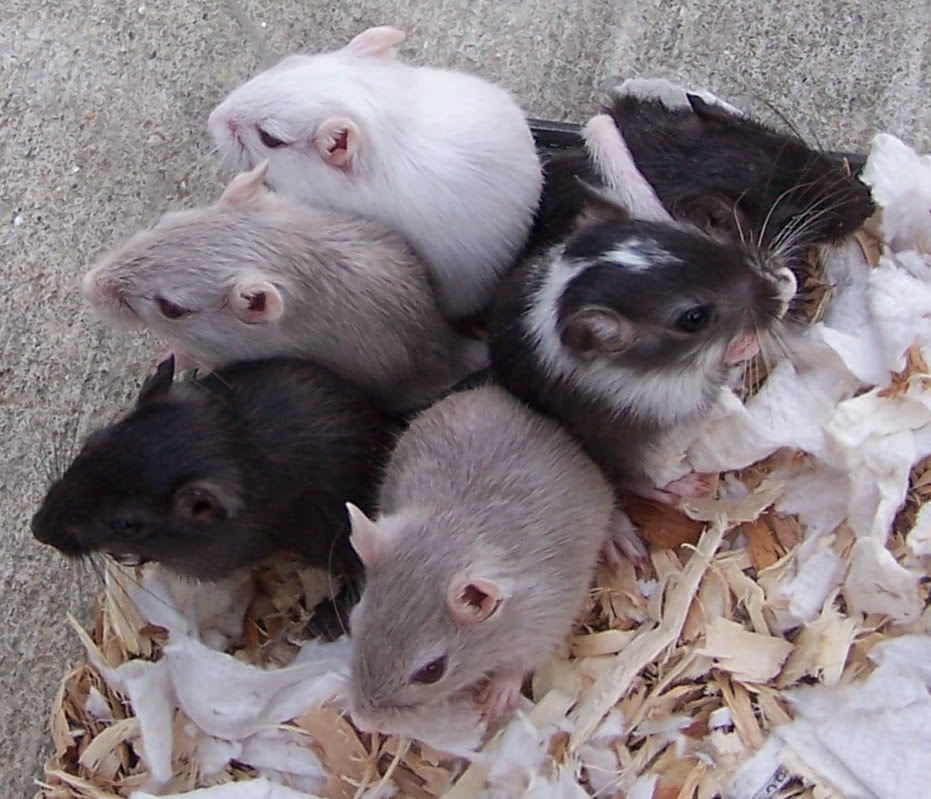Macaws
are exotic animals native to Central and South America where they thrive in the
bountiful rain forests. Macaws are beautiful, intelligent and colorful large
birds which are highly developed socially and make great pets if taken proper
care of. Obviously a macaw eats a variety of different foods in its natural
habitat so its diet must be adjusted according to its nutritional needs. Here a
few simple guidelines to help you plan a suitable diet for your beloved pet
macaw.
Bird seed
It
is a common misconception that birds need only birds seeds to stay healthy and
fit. This is not true because commonly manufactured bird seed mixes sold at US
pet stores are deficient in vital minerals and vitamins. Moreover, they are
high in fat content that is not required by these birds. In fact it may lead to
obesity and diseases caused by deficiency of important nutrients. Seeds should
be considered as treats for macaws and given sparingly to prevent the pet
getting addicted to them. Birds are quite stubborn when it comes to their food preferences
so if a malnourished macaw is adamant about only eating bird seed, it will take
a lot of hard work and patience to adjust its dietary habits.
Fresh fruits
A
wild macaw’s daily diet consists largely of fresh fruits and plant material
that is ideal for the fulfillment of all its nutritional needs. Care must be
taken to ensure that there are no residual pesticides, chemicals or fertilizers
left on the fruits and vegetables. Such chemicals harm living creatures through
the process of bioaccumulation. The higher up the food chain such chemicals go
the greater the risk of damage to vital organ systems becomes. Avocado is
considered toxic by some reporters. Up to 25 % of a macaw’s diet should
comprise of vegetables and fruits containing essential vitamins, minerals and
antioxidants. Good choices include apples, coconut, cucumber, figs, grapes,
berries, potatoes, citrus fruits, etc. Chopping up these healthy foods into
smaller pieces for your pet bird is recommended for convenient consumption.
Pellets
There
is a great range of pellets in many different colors, flavors and ingredients
available in the bird supplies section supermarkets online like where comparison shopping
is also offered. Pellets are specifically developed as the perfect diet to meet
all your pet bird’s dietary requirements. These are highly recommended and
should make up to 80% of your macaw’s daily diet. These include important
nutrients that are low in calories and have amazing benefits for your macaw’s
nourishment including boosting immunity.
Fresh
water needs to be provided daily to keep your macaw fresh and hydrated. Grit or
gravel is often not essential for a macaw and may even cause problems. High
calorie processed human foods should never be offered to a macaw. To avoid
chances of development of health related issues, a healthy diet must be
promoted to satisfy your macaw’s hunger and nutritional requirements.













